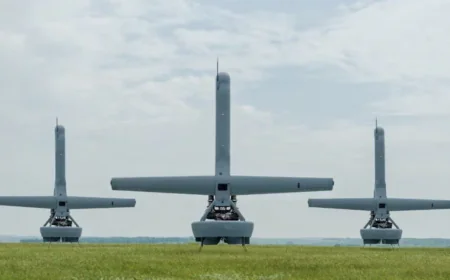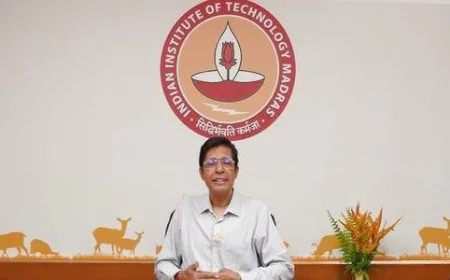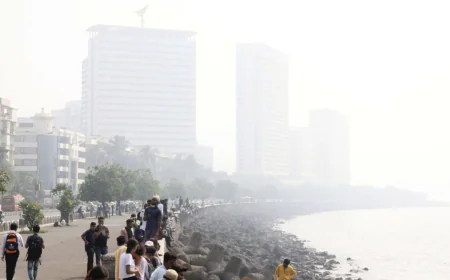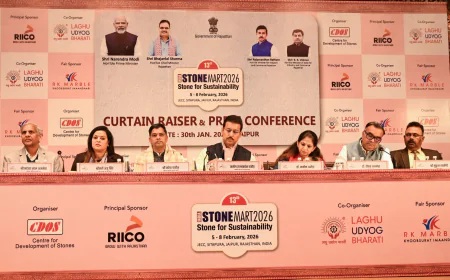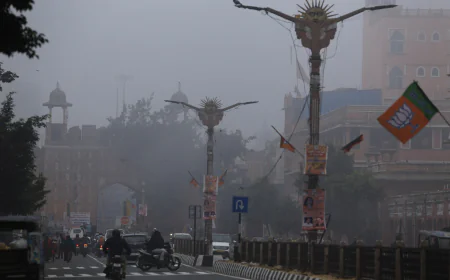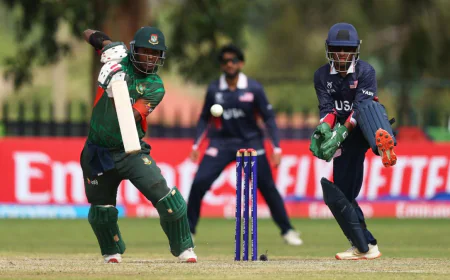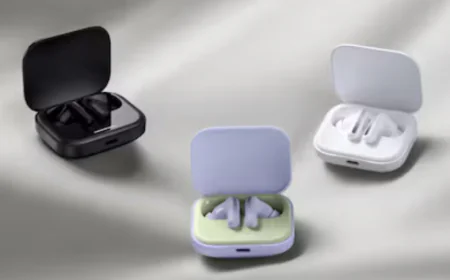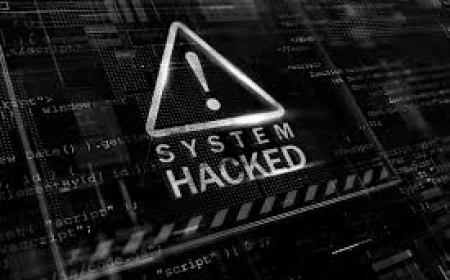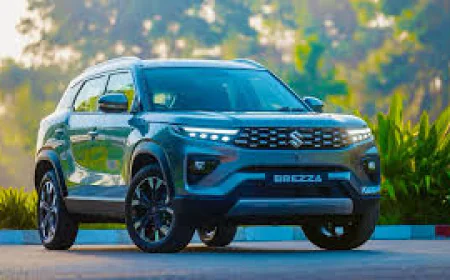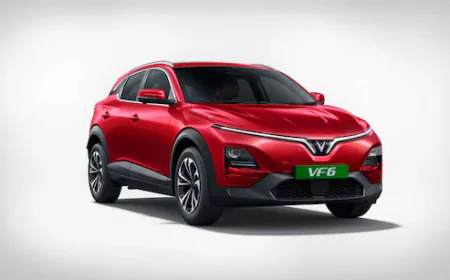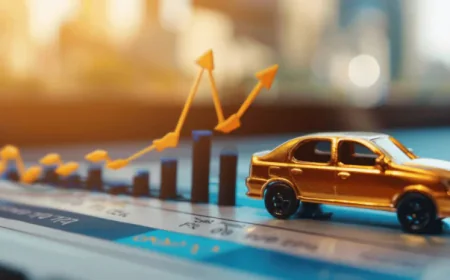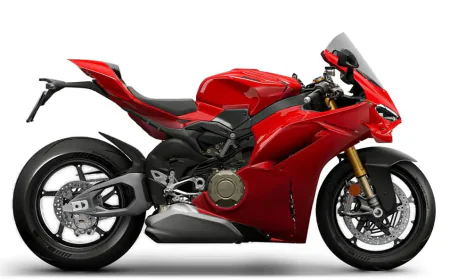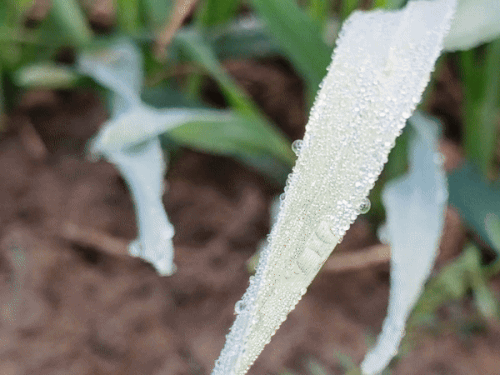China Lifts Rare Earth Magnet Export Ban: Relief for India’s EV Industry, Push for Self-Reliance Gains Momentum
Rare Earth Magnet: After months of tussle and pressure on the supply chain, Beijing has finally lifted the rare earth magnet export ban on India. Last April, China imposed strict restrictions on the export of seven important rare earth elements and magnets. This was a big blow for India, which meets more than 80 percent of its needs from China.
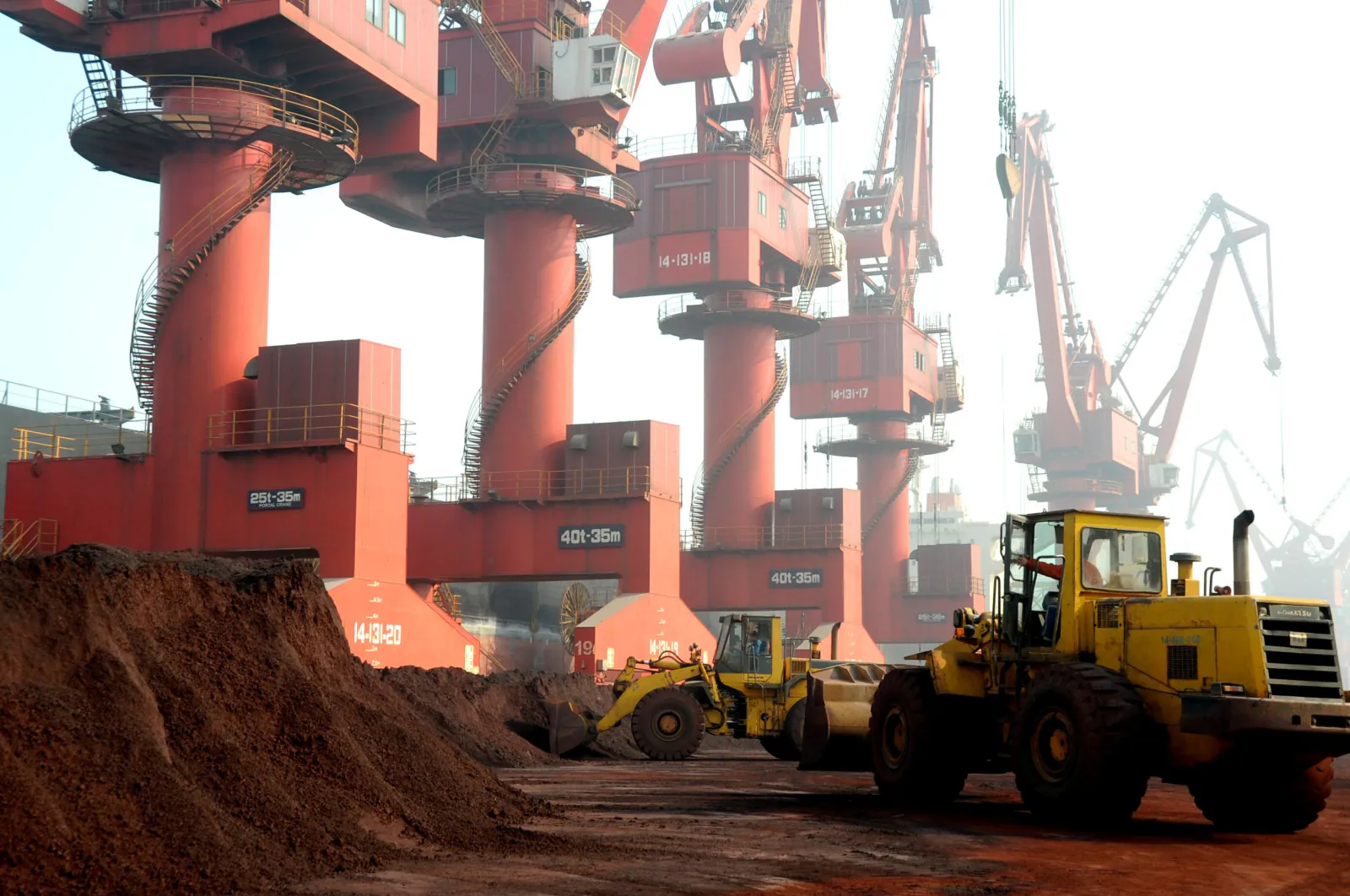
Months of struggle and pressure on the supply chain finally paid off as Beijing has, at last, lifted the ban on rare earth magnet exports to India. The move comes when the Indian automobile industry was struggling with fears of disruption in production and deceleration of the EV sector.
The action is thought to be a consequence of top-level discussions between External Affairs Minister S Jaishankar and Chinese Foreign Minister Wang Yi. This is an indication of a small but significant relaxation in trade tensions between the countries.
China last April imposed rigid controls on the export of seven key rare earth elements and magnets. India, which gets over 80 percent of its requirements from China, was a major hit.
This directly affected auto companies. Maruti's e-Vitara EV production fell from an estimated 26,500 units to just 8,200. Bajaj Auto also warned of a complete halt in electric scooter and three-wheeler production in August. A Crisil report said magnets account for less than 5 percent of a vehicle's cost, but a 30-day supply delay can disrupt the entire production line.
Want to get your story featured as above? click here!
Want to get your story featured as above? click here!
This incident made it clear that India's EV race is not just about design or technology, but also about a reliable supply chain. Heavy dependence on China exposed the weakness of the entire value chain. As a result, the industry had to hold an emergency meeting with Chinese officials and the government had to work quickly on subsidies and new policies for domestic magnet manufacturing.
Now that China has reopened exports, India's auto industry can get back on track. Maruti can now increase production of e-Vitara to 67,000 units per annum in the second half of FY 2025-26. Bajaj will also have a chance to save August production.
But more important than relief is preparation for the future. This decision has given time to efforts to increase domestic production. IREL's plans to partner with Japan and Korea and build processing infrastructure can now gain more momentum.
The Indian auto industry has learned the lesson the hard way that depending on a single supplier can be dangerous. The lifting of the ban is certainly a relief for the time being, but increasing domestic capacity, diversifying the supply chain and strengthening domestic manufacturing have now become imperative for a sustainable future.
This incident is both a warning and hope for India's auto industry. A warning that a strategic setback can stop the entire industry. And hope in the sense that India can now move faster towards making its EV transition more robust, self-reliant and resilient.
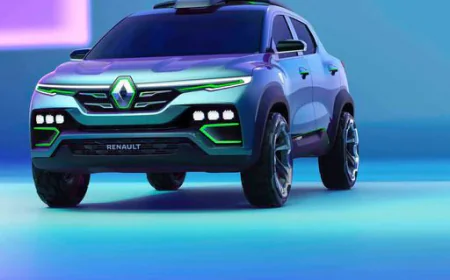
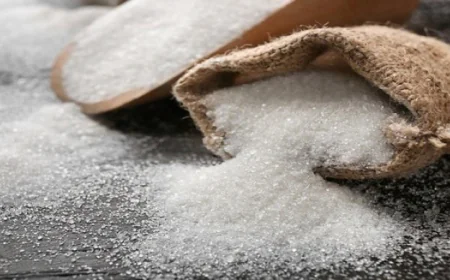
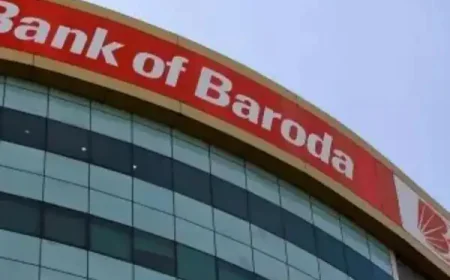
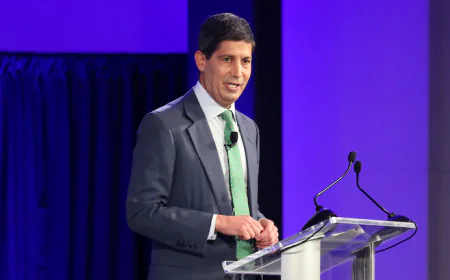
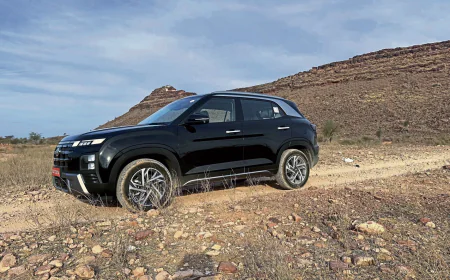
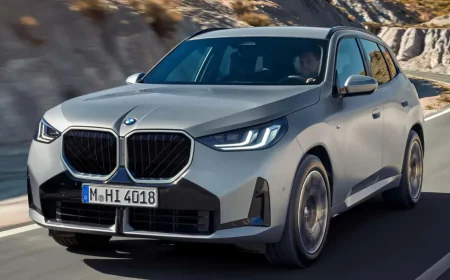
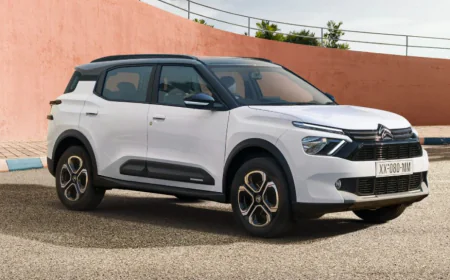





























.jpeg)






















